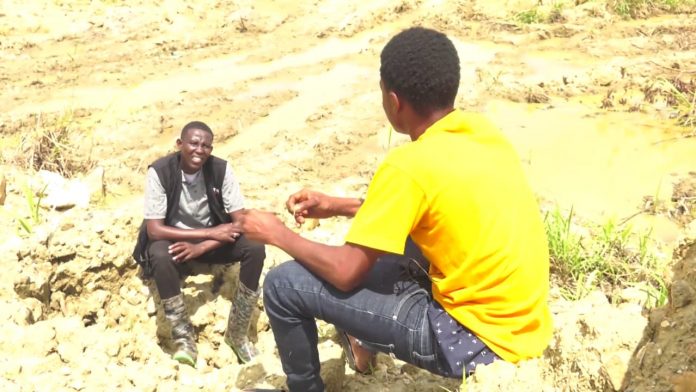The talk about illegal gold mining locally referred to as ‘galamsey’ has gone on for years with the pollution of water bodies and destruction of environment always taking the centre stage of discussion.
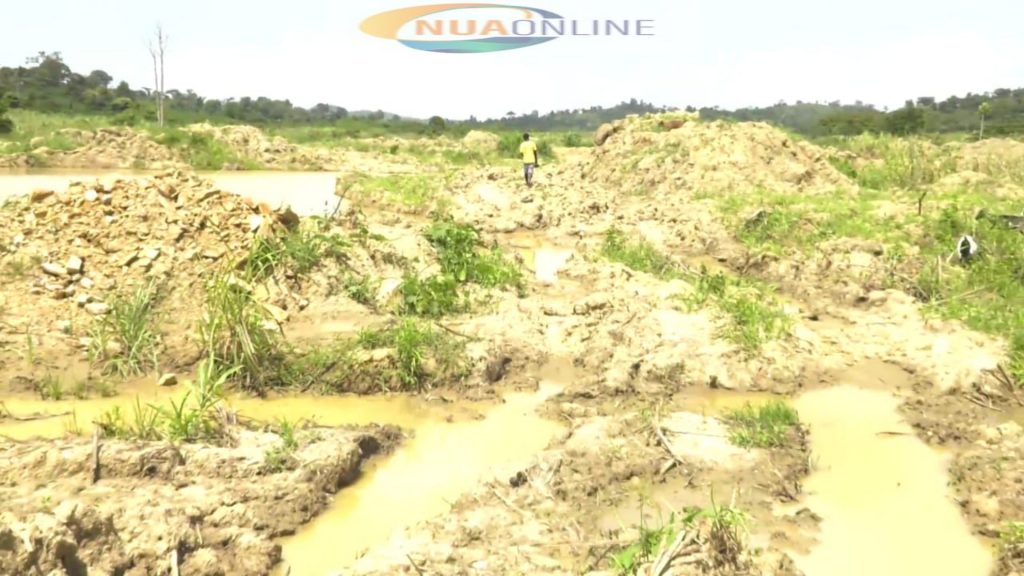
However, there appears to be a serious component of the menace that also has a rippling effect on the country but has been left out of the conversation.
This has to do with the effect of illegal mining on education. In this report, Ibrahim Abubakar explores how children in mining communities are prioritizing galamsey at the expense of their education.
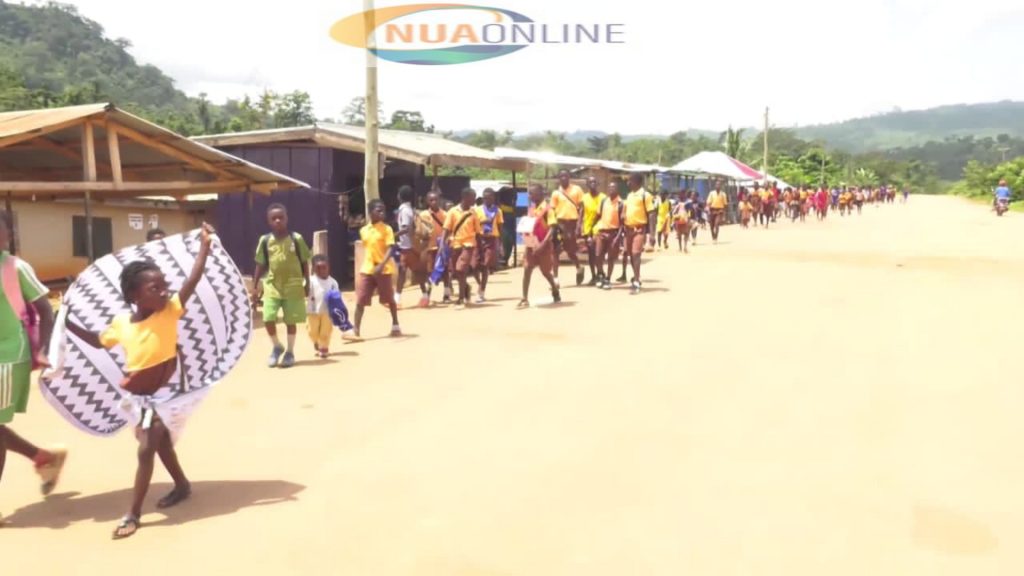
Educational Interventions
Several interventions like Free Compulsory Basic Education (FCUBE), Capitation Grants, School Feeding Program, Free School Uniforms, Free SHS, amongst others have and are being rolled out by governments to increase school enrollment, attendance and academic performance in all parts of the country.
This is in line with efforts to meet the Sustainable Development Goal 4 target of ensuring access to Quality Universal Education for all by 2030.
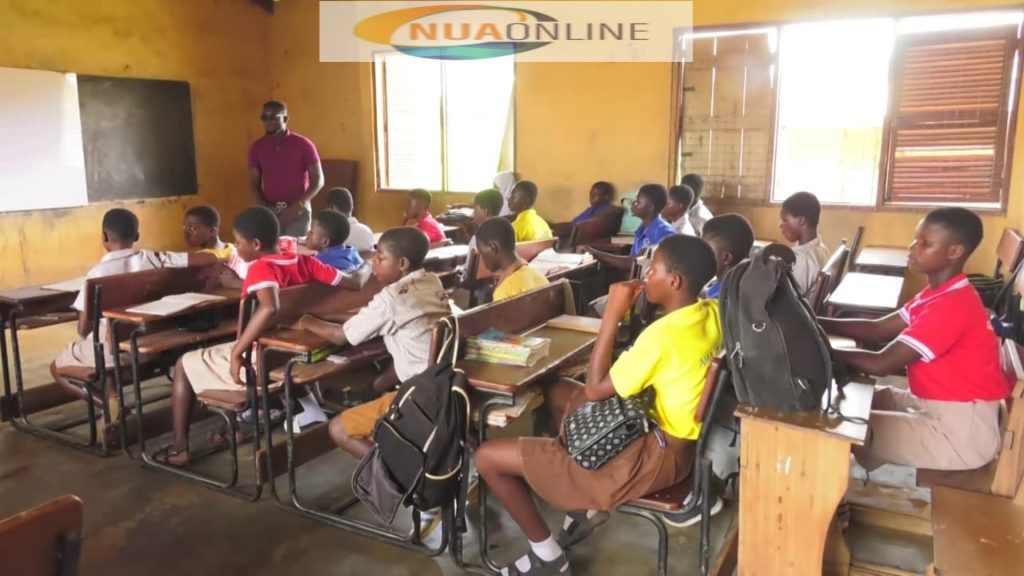
Also, the 1992 Constitution gives further push to the provision of education as a basic right for all Ghanaians. Article 25(a) states “All persons shall have the right to equal educational opportunities and facilities and with a view to achieving the full realisation of that right – basic education shall be free, compulsory and available to all”.
However, a great deal of Ghana’s success in growing enrolment is being thwarted by increasing student drop-out rates in several mining communities.
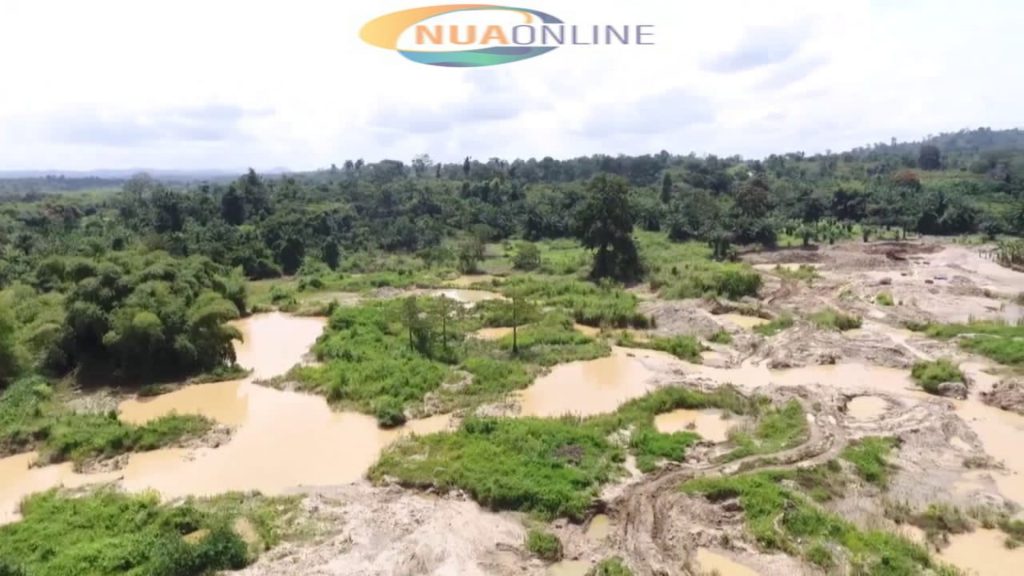
Children abandon classroom to do mining
Scores of children are abandoning the classroom to do galamsey in mining areas like Peminase in the Juaben Municipality of the Ashanti region.
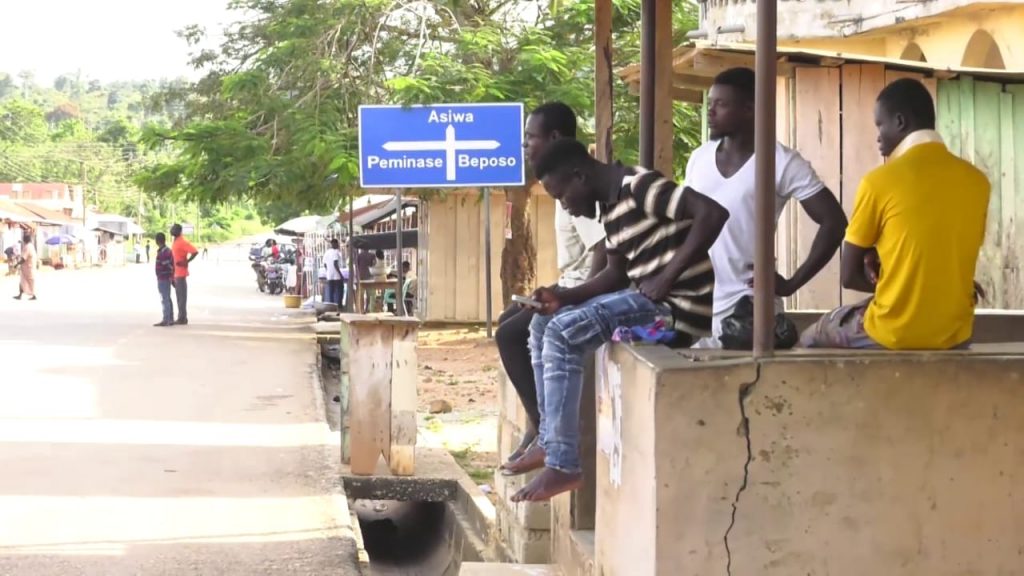
The small mining town with a population of about 800 is struggling to deal with the negative impact of the illegal activity on education.
At Peminase M/A JHS, only 12 out of 30 form three students where in school preparing for their Basic Education Certificate Examination which was barely two days ahead at the time the news team visited.
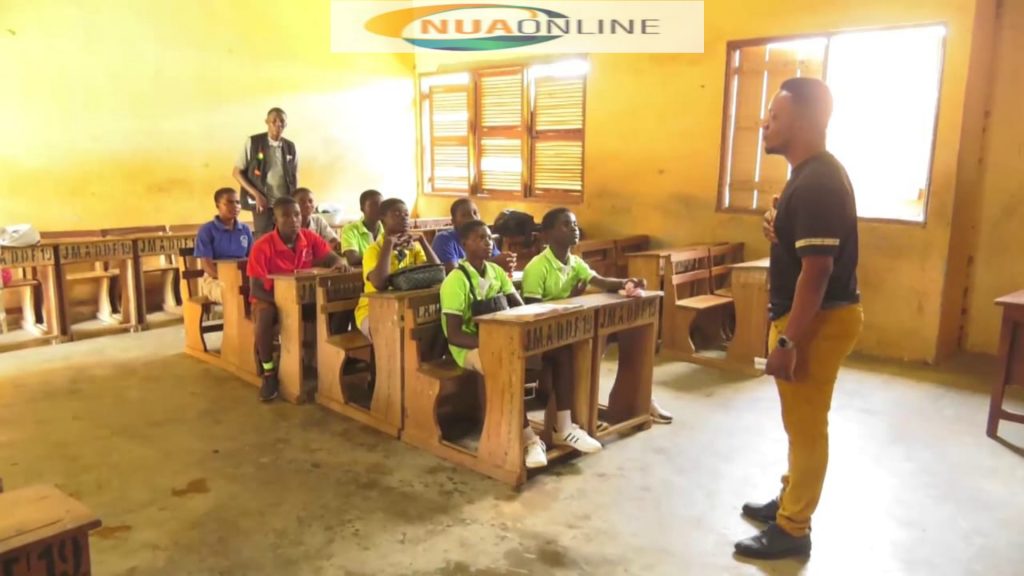
“You can find most of the 18 students who are absent today at the mining site working,” says Kwabena Asiamah, a teacher.
Clement Sebastian Opoku is the headteacher of Peminase M/A JHS and he says “the enrolment in the school is always declining due to the increasing illegal mining activities. Because the school serves other adjoining communities, we used to have a population of close to 200 some five years ago but currently we only have 83. Even with the 83, the truancy rate among the male students is alarming.”
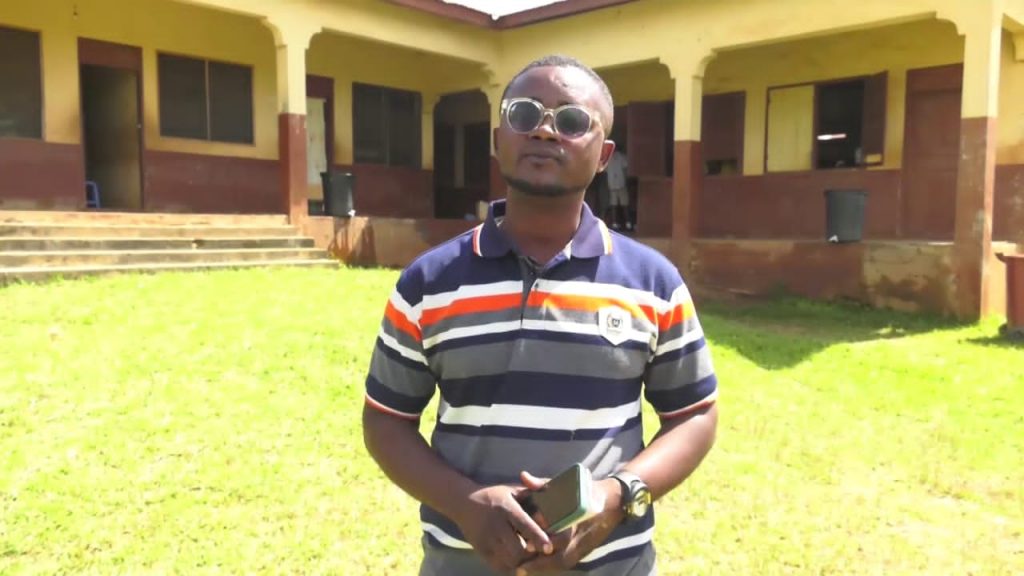
At the mining site, six school-age going children between the ages of 13 and 17 are busily working instead of being in the classroom.
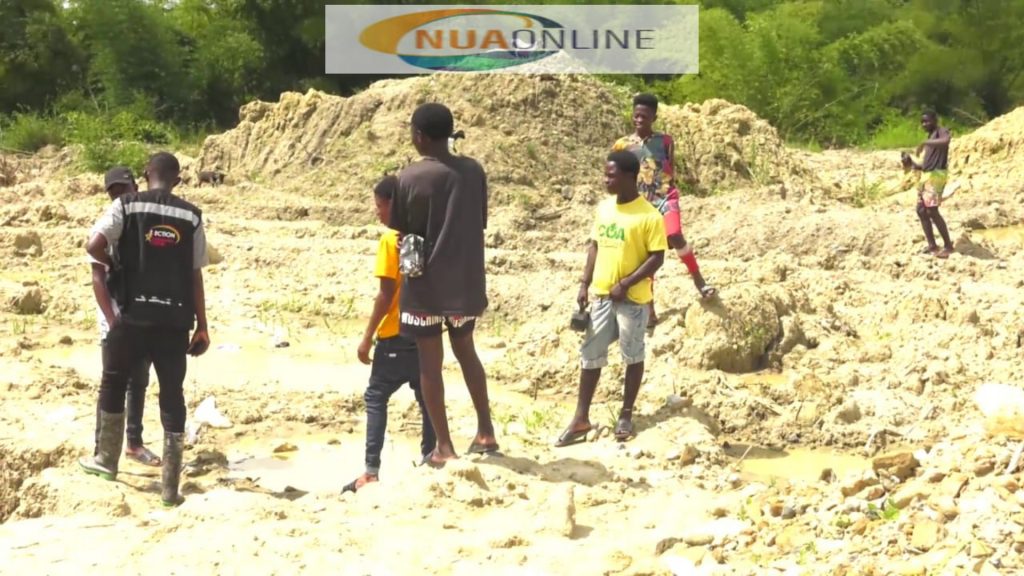
These children engage in mining for several reasons but the common among them is owing to financial constraints of their parents.
“Together with 3 of my friends, we have stopped schooling and now engaged in illegal mining. The money we earn is what we use to cater for our needs and that of our parents. I would wish to one day continue with my education,” a 14-year-old JHS 2 pupil shared.
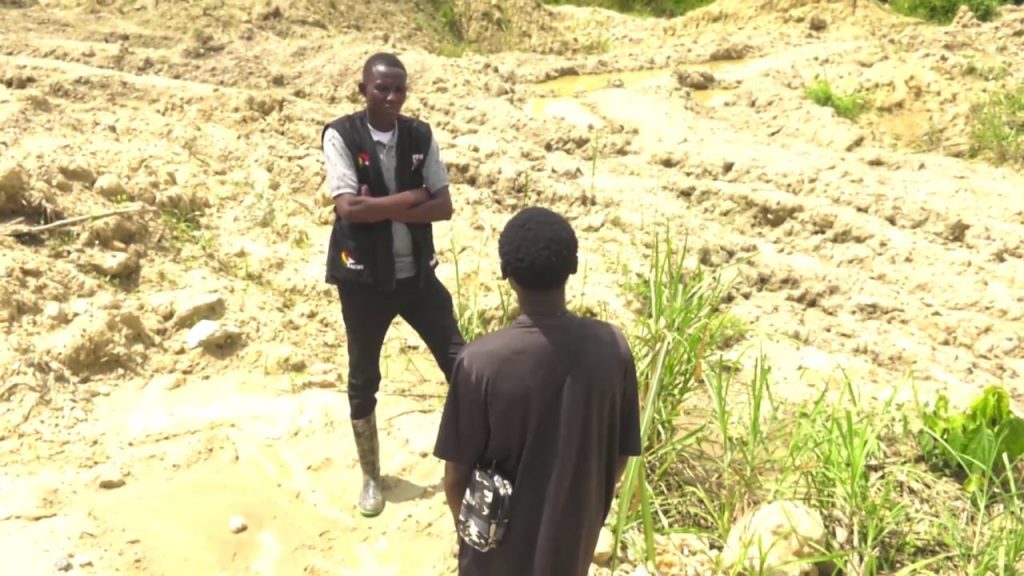
For 15-year-old Adusei, “this is the only work in this community and we involve ourselves because our parents don’t have the financial strength to cater for us.”
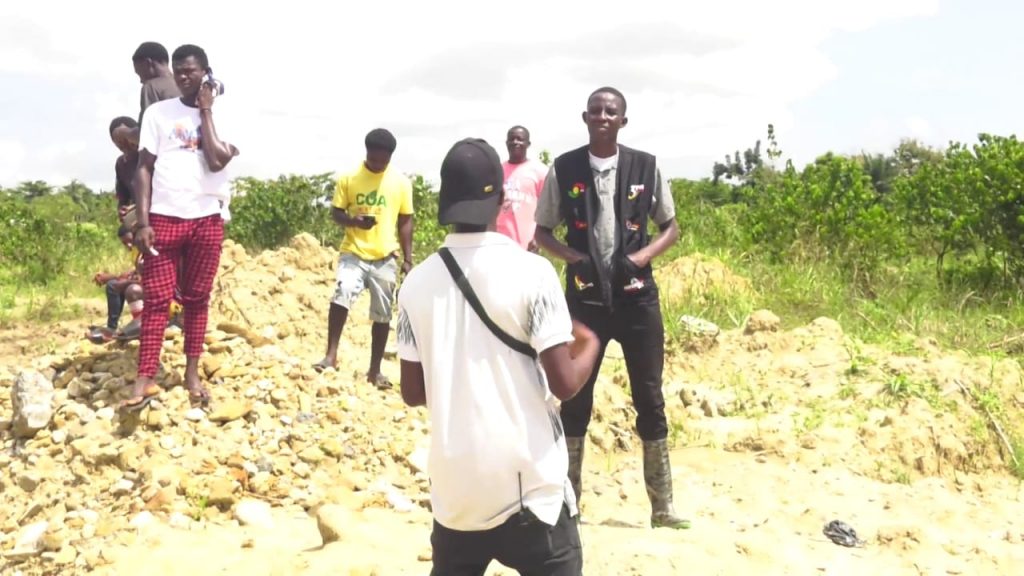
The job, according to him, is based on luck because on a good day “each of us earns 700 cedis a day.”
The International Labour Organisation (ILO) has indicated that the prevalence of children in mining is growing. Thousands of children are into gold mining activities in areas within the Western, Central and Ashanti regions and this according to the organization is “a serious violation of children’s rights that puts children’s health and safety at risk and deprives them of an education”.
More worrying is the worst-case scenario where some of the pupils lose their lives while mining.
“At least six of our students have lost their lives at the mining site within the past 3 years. But still, this appears not to deter most of them from going to the site to work”, visibly worried Sebastian, a teacher, said.
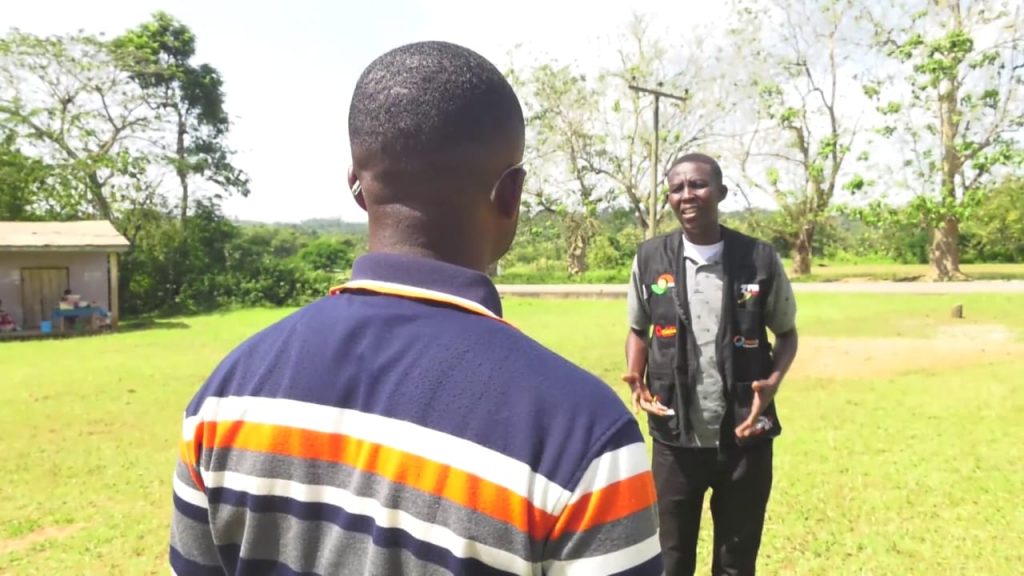
At Yapese in the Bosome Freho District, the situation has improved a little bit with the clampdown on illegal miners.
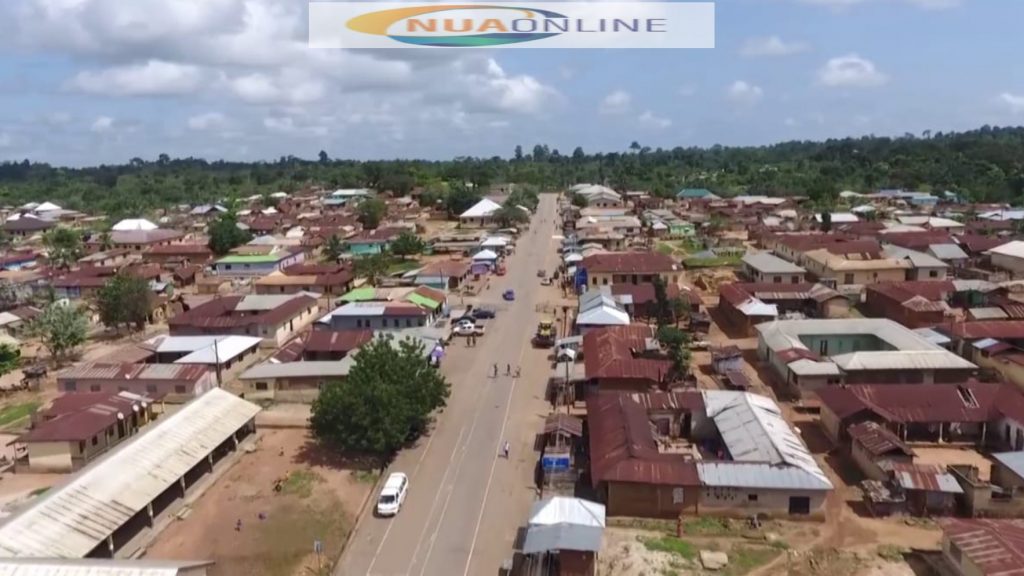
Some of the children have returned to school but others are yet to.
Chairman of Yapese Methodist primary School Management Committee, Asare Bediako noted “it is the responsibility of parents to make sure their children have come to school. Government will do its part of providing infrastructure and conducive learning environment, teachers will also play their role of teaching so it is the duty of the parent to ensure the child goes to school. We have engaged parents several times to conscientize them on the need to prioritize the education of their education but others are adamant.”
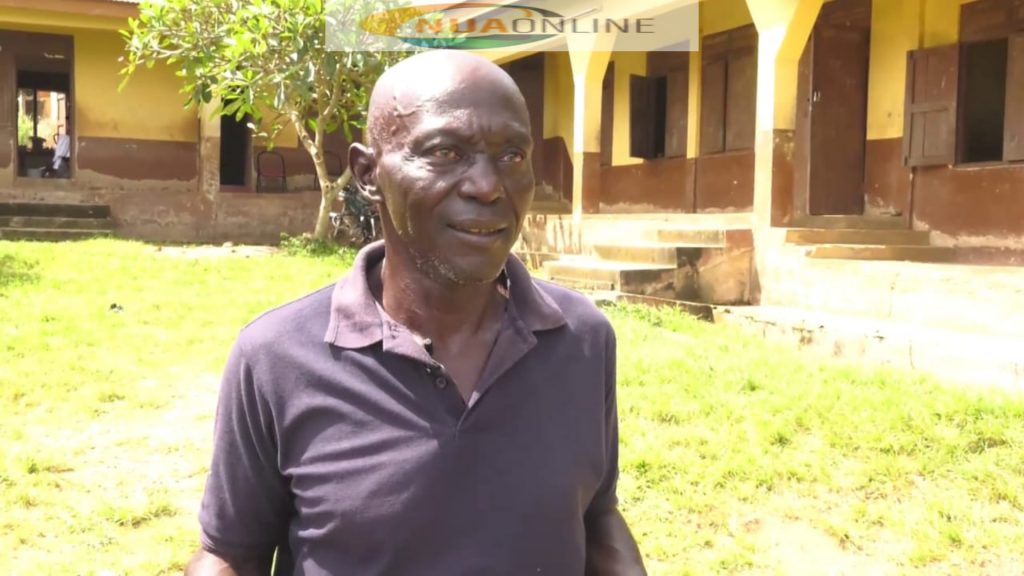
The increase in these illegal mining activities has brought about retrogression in education at Peminase.
To reverse this disturbing trend, the traditional authority and unit committee of the community have proffered some sanctions to parents who look on for their children to do galamsey at the expense of their education.
“Any child caught doing galamsey instead of being in school, his parents would be fined 1,500 Cedis and the owner of the concession will also be fined 2,000 Cedis. We want our children to be educated for a better future,” caretaker chief and Akwamuhene of the area, Nana Kofi Owusu II, stated.
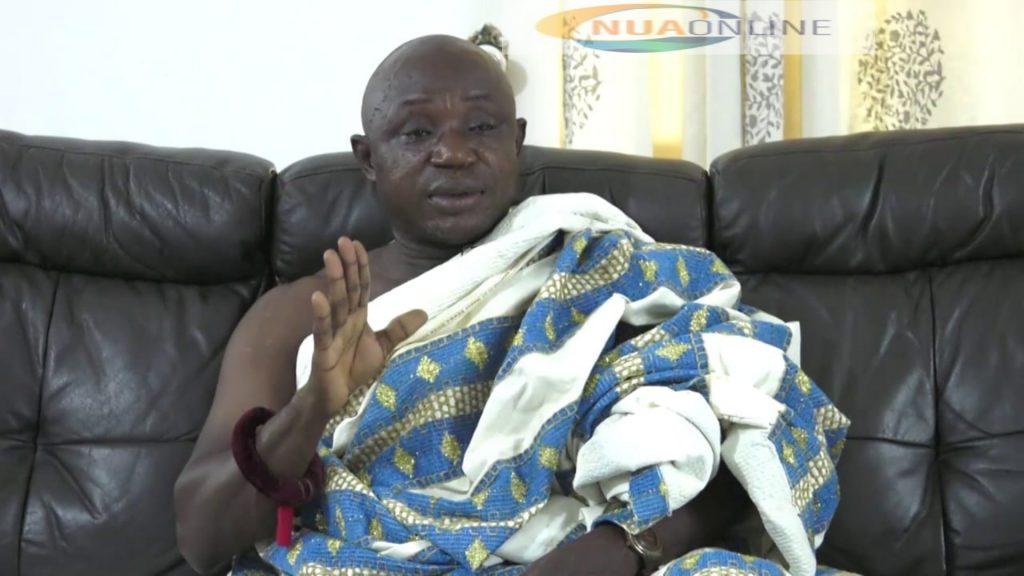
The Unit Committee members have sought the assistance of the police to aid them move to sites and arrest school going age children who involve themselves in mining at the expense of their education.
“Some parents are uncooperative because their children bring them money when they go and mine. So, they’re more interested about the money more than the education of the children. We will soon go after them because we can’t allow this to continue. Education for children at the primary and JHS level is compulsory,” Peminase Unit Committee Vice Chairman, Kwasi Owusu Sekyere, explained.
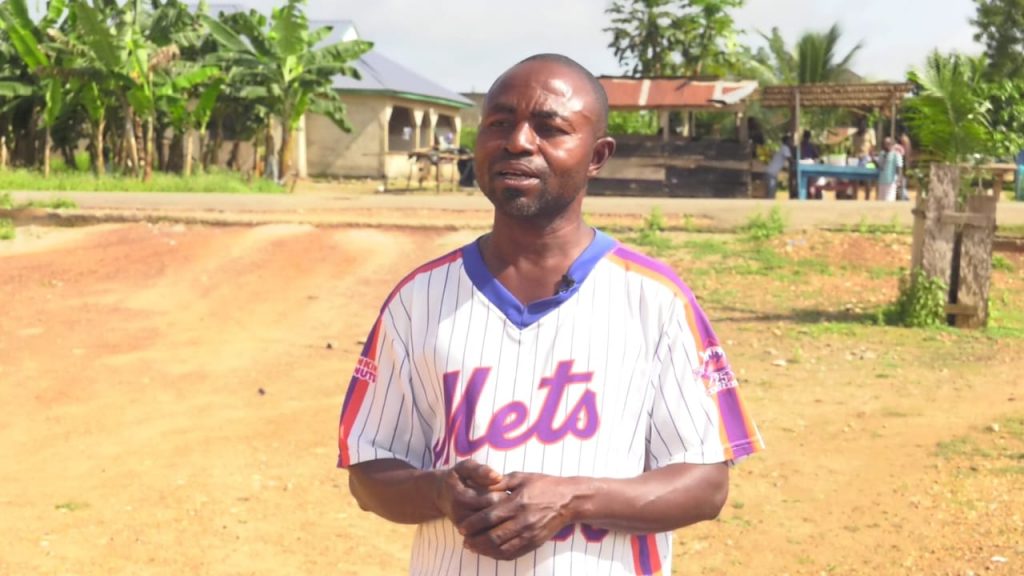
The district and regional education directorates have admitted to this challenge but yet to speak to us on camera.
Ghana is signatory to the International Convention of the Rights of the Child that declared education a right of every child of school age.
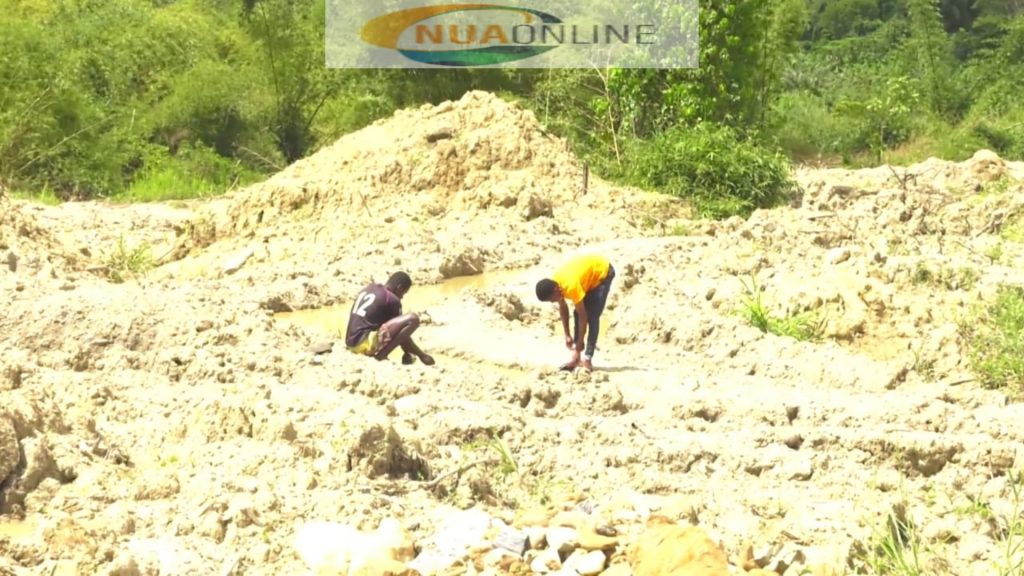
To give meaning to the access and participation component of the Free Compulsory Universal Basic Education programme, there is the need for all stakeholders in the education sector to join hands and ensure children of school going age remain in the classroom.
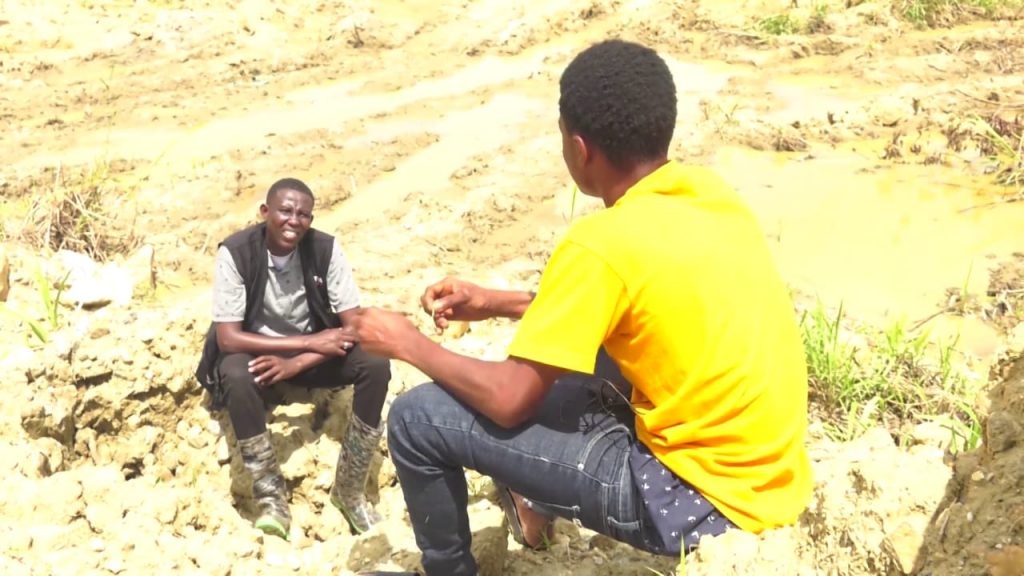
By Ibrahim Abubakar|AkomaFM|Onuaonline.com



